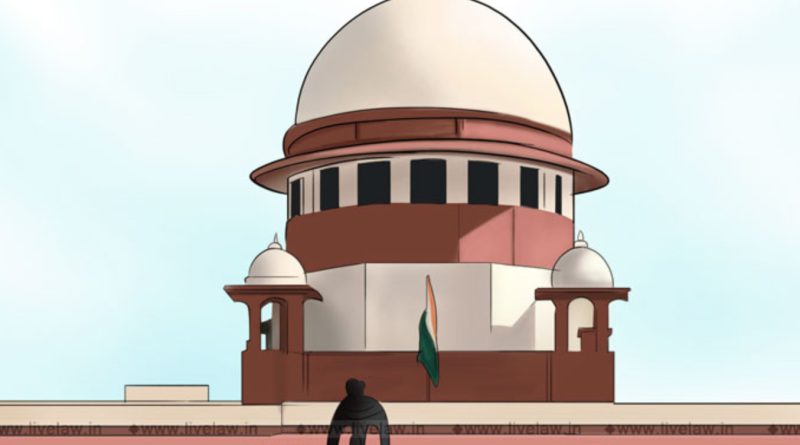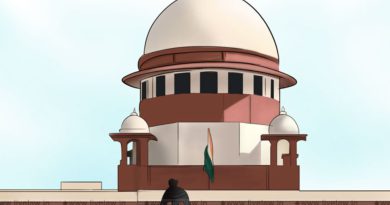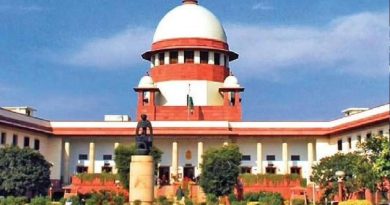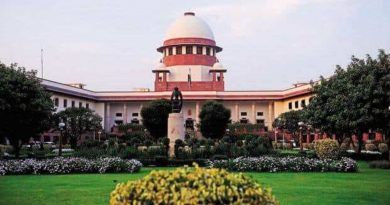Ramlila & Religious Gatherings affecting by prohibitory orders of Delhi Police: Petition went in SC against these orders.
Supreme Court Petition Against Delhi Police’s Prohibitory Order
A petition has been submitted to the Supreme Court challenging the Delhi Police’s order banning gatherings of five or more individuals, as well as dharnas and protests, in Delhi from September 30 to October 5. The petitioner, Sunil, a priest at the Kalkaji temple and Secretary of the Manas Naman Sewa Society, highlighted that this order disrupts the scheduled Ramlila festivities starting October 3.
Significance of the Timing
The petitioner emphasized that the order coincides with Navratri, a period marked by various religious celebrations. With Dussehra also approaching, the prohibitory order would hinder these traditional gatherings. The order was issued by Delhi Police Commissioner Sanjay Arora, citing concerns over law and order due to upcoming elections and proposed protests related to the Waqf Amendment Bill and MCD elections.
Grounds for Challenge
Sunil argues that the prohibitory order lacks a reasonable foundation. He asserts that the police should implement security measures rather than issue broad restrictions on citizens’ rights to assemble. He claims that the order represents an attempt to evade law enforcement responsibilities, undermining the vibrant cultural fabric of Delhi. The petition also notes that other religious festivals have been allowed to proceed without similar restrictions.
Impact on Fundamental Rights
The petition contends that the order significantly impedes daily life and violates fundamental rights under Articles 14, 19(1)(b), 19(1)(d), 21, and 25 of the Constitution. It creates an atmosphere of fear among Delhi residents regarding its implications for their religious practices. The petition cites the Supreme Court’s ruling in Anuradha Bhasin v. Union of India (2020), which stated that such orders should not be issued routinely, along with precedents from Madhu Limaye v. SDM (1970) emphasizing that such powers should be exercised only in exceptional situations.
The case raises important questions about the balance between maintaining public order and protecting citizens’ rights to assemble and express their beliefs.
Disclaimer: (Only the headline and picture of this report may have been reworked by the KanoonKiBaat staff; the rest of the content is auto-generated from a syndicated feed.)
Source Link





